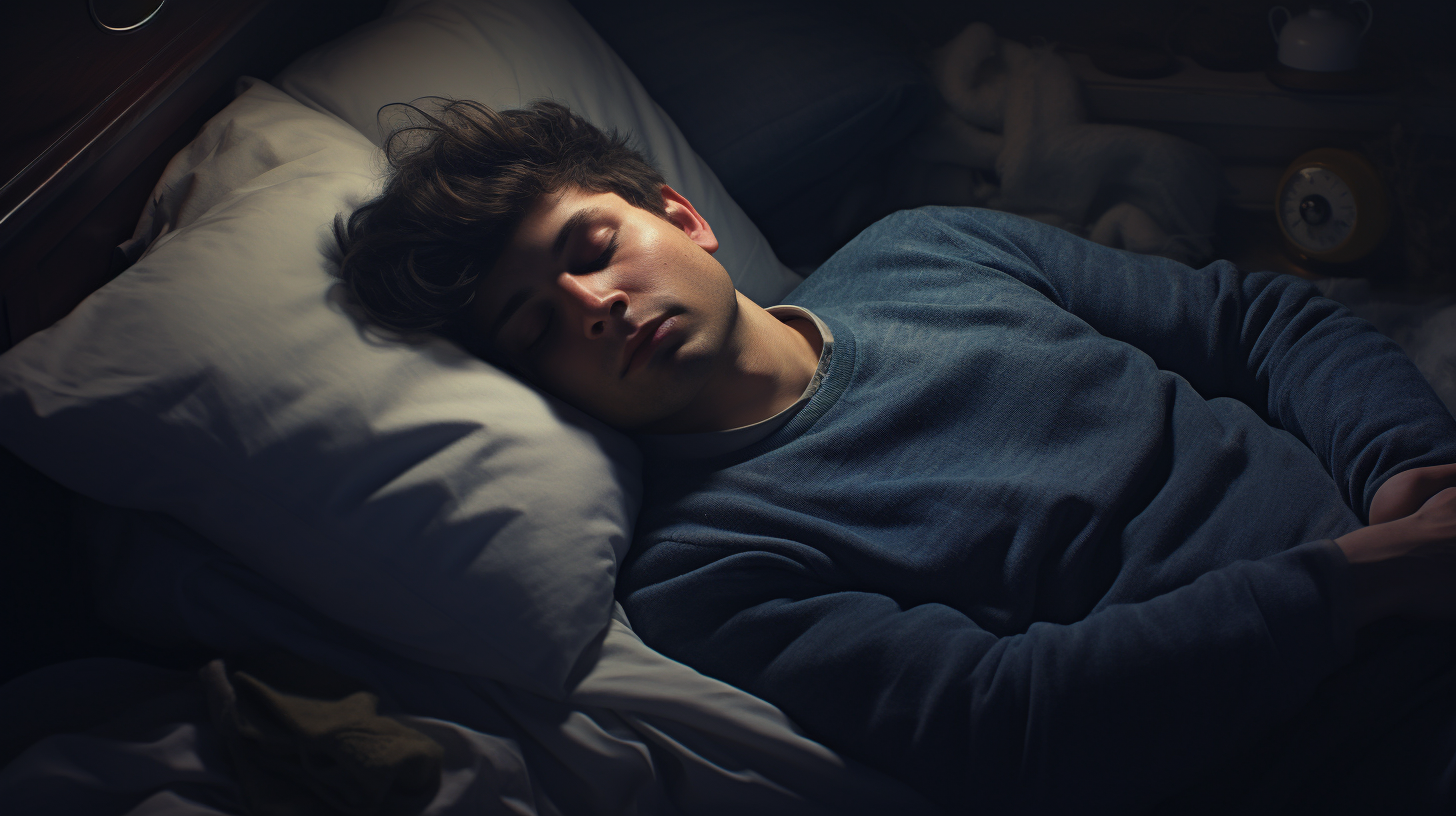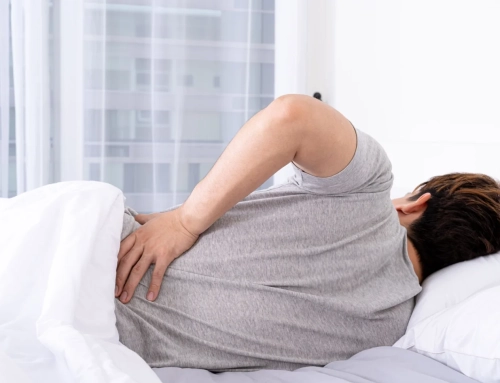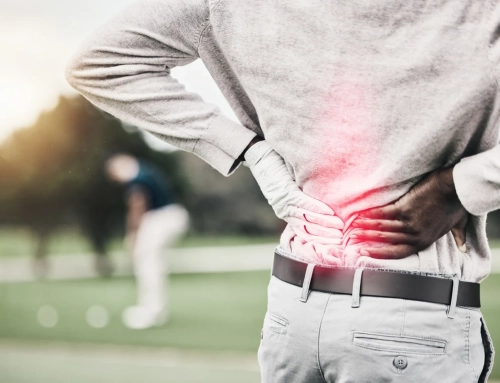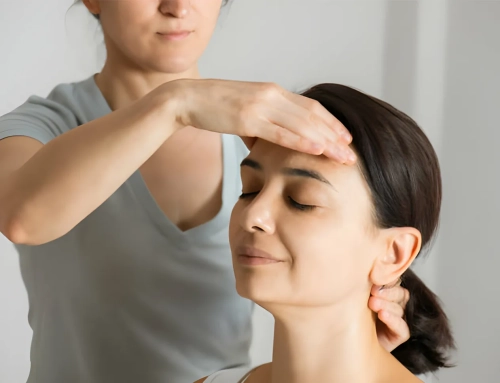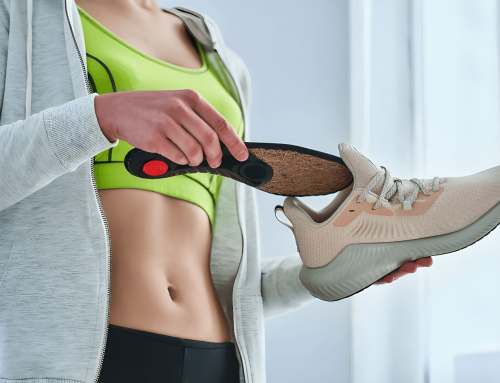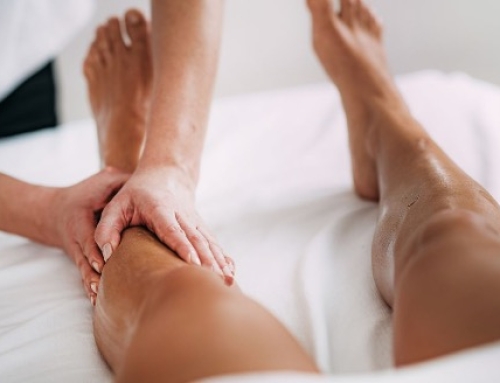How Regular Massages Can Contribute to Better Sleep
We’ve all had those nights, tossing and turning, battling the relentless beast of insomnia. We at Clayton Heights Chiropractic understand the struggle and have found a potential ally in this fight: massage therapy.
Join us as we delve into the science behind its effectiveness, explore the specific techniques used, and reveal how it can significantly enhance your sleep quality.
Understanding the Role of Sleep in Overall Health
We’re currently exploring the role of sleep in our body’s overall health, focusing on how it’s affected by various factors, including the benefits of massage therapy.
The importance of quality sleep can’t be overstated, as it plays a critical role in mental health. Insufficient sleep or poor sleep quality can impair cognitive functions, affect mood stability, and lead to chronic conditions such as heart disease and diabetes.
When we get enough sleep, we can think clearly, and our body can repair itself, leaving us rejuvenated. We understand the difficulties of falling asleep. After being in massage therapy for years, we have seen its positive impact in helping improve sleep quality. Massage therapy is designed to work with muscles, tendons, ligaments, and joints. This drastically enhances sleep quality by addressing common issues like back pain, tension headaches, and chronic pain.
Exploring the Benefits of Massage Therapy for Enhanced Sleep Quality
“Registered Massage Therapists may help reduce muscle soreness, decrease stress and anxiety, promote relaxation, decrease muscle tension, improve sleep, and decrease depression” – Registered Massage Therapists Association of BC

There are several benefits of massage therapy, and when it comes to sleep, our patients can attest to the following benefits:
Massage Therapy Benefits
- Produces Serotonin: One of the core benefits of massage for relaxation and sleep is the increase in serotonin production. This neurotransmitter stabilizes mood, creating a sense of well-being necessary for a restful night.
- Promotes Relaxation: The stress we experience daily often leads to muscle tension, which can cause sleep disturbances. Massage therapy techniques are designed to relieve this tension, leading to better sleep.
- Reduces Insomnia: By promoting relaxation, massage therapy aids in alleviating stress, a common cause of sleep disorders. Also, multiple studies show how massage therapy improves insomnia by increasing serotonin levels.
Diving Deeper: The Direct Impact of Massage Therapy on Sleep
In our experience, incorporating regular RMT visits into a wellness routine could be one of the effective insomnia solutions. Our RMTs use targeted techniques to relieve chronic pain, reduce muscle tension, and enhance your mood, which is instrumental in achieving a restful night’s sleep.

Benefits of Various Massage Techniques for Sleep
| Massage Techniques | Targeted Area | Sleep Benefit |
|---|---|---|
| Deep Tissue Massage | Muscles, Tendons | Eases muscle tension, promotes relaxation |
| Trigger Point Therapy | Specific muscle groups | Alleviates pain, improves sleep quality |
| Reflexology | Hands, Feet | Balances the nervous system and improves sleep |
Massage therapy is a non-invasive, holistic approach that addresses the physical aspects of sleep disorders and the psychological components, such as stress and anxiety. Our team of massage therapists is committed to improving our clients’ sleep quality, understanding that good sleep is a cornerstone of overall health.
A Closer Look at Massage Techniques for Better Sleep

Both deep tissue massage and trigger point therapy are two of the many techniques we’ll explore, all aimed at improving sleep quality.
Deep tissue massage focuses on the deepest layers of muscle tissue, tendons, and fascia, relieving chronic pain and tension. It’s particularly beneficial for back pain relief, improving range of motion, and reducing heart rate and blood pressure.
Trigger point therapy focuses on relieving knots and tension, often hidden causes of poor sleep. This therapy targets neck and shoulder tension, reducing muscle stiffness and increasing flexibility and circulation. Both techniques also contribute to the production of serotonin, the hormone that plays a crucial role in sleep regulation, mood stabilization, and overall well-being.
Also, pre/postnatal massage is another technique we employ, designed to support mothers during pregnancy and postpartum periods. It helps manage pregnancy’s physical and emotional stresses, including improved sleep.

Moreover, specific techniques for better sleep, like treatments for conditions like whiplash, sciatica, and chronic pain, can aid in achieving better sleep.
Remember, it’s not just about the treatment but also educating on self-care techniques for chronic pain management. These hands-on treatments, lifestyle modifications, and stretches can significantly enhance sleep quality.
The Scientific Connection: Massage Therapy and Good Sleep Quality

Another interesting aspect is the impact of massage therapy on our circadian rhythms, the natural internal process that regulates the sleep-wake cycle. Circadian Rhythms are 24-hour cycles of physical, mental, and behavioural changes. You will experience decreased energy, concentration, and bodily issues when your circadian rhythm is out of sync. Regular massage therapy can help reset these rhythms, leading to more balanced and restorative sleep. If you have any sleep issues, we’d recommend massage therapy as a tool. It’s an approach that goes beyond merely treating symptoms; it addresses the root causes, providing long-term benefits.

